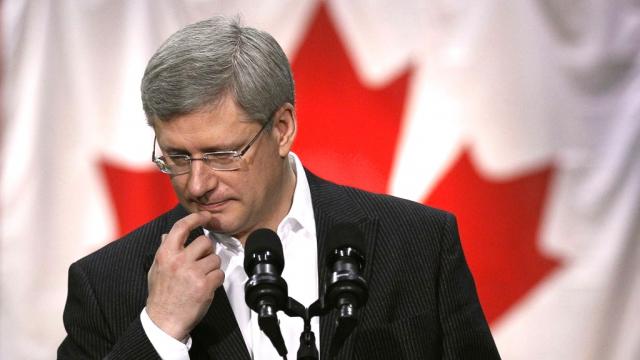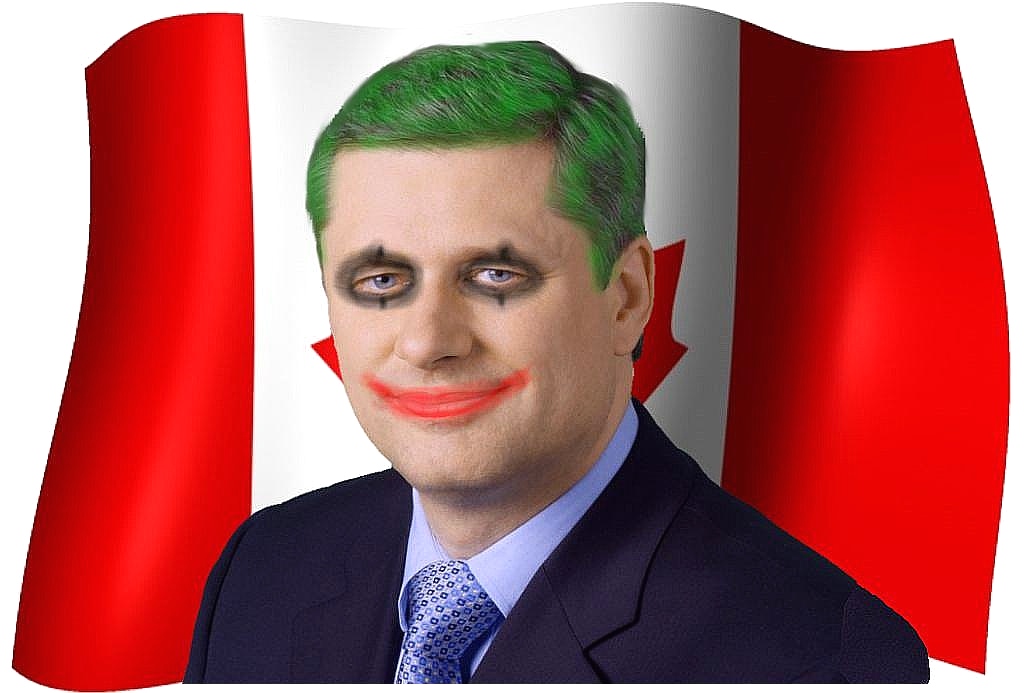
During the year leading up to the 2008 presidential primaries, my insurance industry colleagues and I were working hard to influence the debate on health care reform. Our number one objective: make Americans so afraid of “heading down the slippery slope toward socialism” that no candidate would even consider supporting a Canadian-style, single-payer health care system.
Leading the scare campaign behind the scenes was the trade association, America’s Health Insurance Plans. With help from a right-wing Canadian outfit called the Fraser Institute, which has received funding from the Koch brothers and other American donors, AHIP put together a three-ring binder of talking points for insurance company executives to use in speeches and media interviews.
The contribution from the Fraser Institute, a long-time advocate of privatizing the Canadian system, was a handful of selective statistics and anecdotes designed to create a negative perception of single-payer health care.
At the time, I had done no research of my own about the Canadian system. I hate to admit it, but I had outsourced my thinking to the Fraser Institute. I also hate to admit that I was willing to do that out of self-interest. If the U.S. adopted a single-payer system, I would be out of a job.
With that as background, it’s hard for even me to believe that, nearly seven years later, I’m on a cross-country tour of Canada warning our neighbors to the north about the dangers of “heading down the slippery slope” toward American-style health care.
The reality is that Canadians spend far less per capita on health care then we do in the U.S., yet they have better health outcomes overall. And they have achieved universal coverage.
By contrast, while Obamacare is making it possible for many people to enroll in affordable health care plans for the first time, it will still leave several million of us in the ranks of the uninsured.
What I’m doing on this tour, organized by the Canadian Health Coalition, is disabusing folks of the notion that more private involvement in their health care system will necessarily lead to better quality of care and lower prices. That, essentially, is the promise being held out by the country’s conservative Prime Minister, Stephen Harper.
Harper has frustrated supporters of the current system by refusing to renew a 10-year compact between the federal government in Ottawa and the 13 provincial governments, which are largely responsible for administering their own health care programs.
In that sense, the Canadian system is more like our Medicaid program, which gives the states broad latitude to determine benefits and eligibility, than our traditional Medicare program, which is entirely federally funded and operated.
One of the key provisions of that compact — known as the Health Accord — was a commitment that the federal government would increase its financial support to the provinces by 6 percent per year. The Health Accord also stipulates that the federal dollars be allocated based on both population and need.
In other words, over the past decade, the poorer provinces have been getting a proportionally larger check from Ottawa than the richer provinces.
What Harper is proposing as an alternative is a scheme in which starting in 2017 the growth in the annual federal payment to the provinces would be pegged to the growth in the country’s gross domestic product, usually considerably less than 6 percent, but no less than 3 percent.
Harper further proposes to allocate the federal money only on the basis of population and population growth. Under this scenario, fast-growing provinces like oil-rich Alberta would fare much better than the relatively small, slow-growing Atlantic provinces of Nova Scotia, Newfoundland and New Brunswick.
Andre Picard, a columnist for The Globe and Mail, Canada’s national newspaper, last week did the math in a way the Harper government hadn’t, and it clearly showed just how starkly the change would affect the fortunes of the provinces.
Alberta would be the big winner, getting more than 27 percent more than it does today. Newfoundland, on the other hand, would get zip.
Patient advocates, who want the Accord not only renewed but expanded to include pharmacy and long-term care benefits, fear that Harper’s proposal would quickly lead to a much more inequitable system because the smaller provinces would likely have no alternative but to cut their health care budgets. Both access to timely care and the quality of care provided would be affected.
And like their counterparts in the U.S. and elsewhere, Canadian conservatives believe as an article of faith that the “free market” and “choice and competition” can lead to cost-saving efficiencies.
I tell audiences that while this sounds good, it actually hasn’t worked out that way south of their border.
I’ve described how the endless quest to satisfy shareholders’ profit expectations created a situation in which insurance companies refused to sell coverage to people who’ve been sick in the past. And I’ve told them about how the cost of a stay in a U.S. hospital has increased far faster than even medical inflation because every hospital in town wants to have the latest bells and whistles to attract paying customers.
Like every country with an aging population, Canada will have to implement some changes to make sure care continues to be accessible and affordable, but the U.S. model is not the example Ottawa and the provinces should follow.
3 WAYS TO SHOW YOUR SUPPORT
- Log in to post comments












